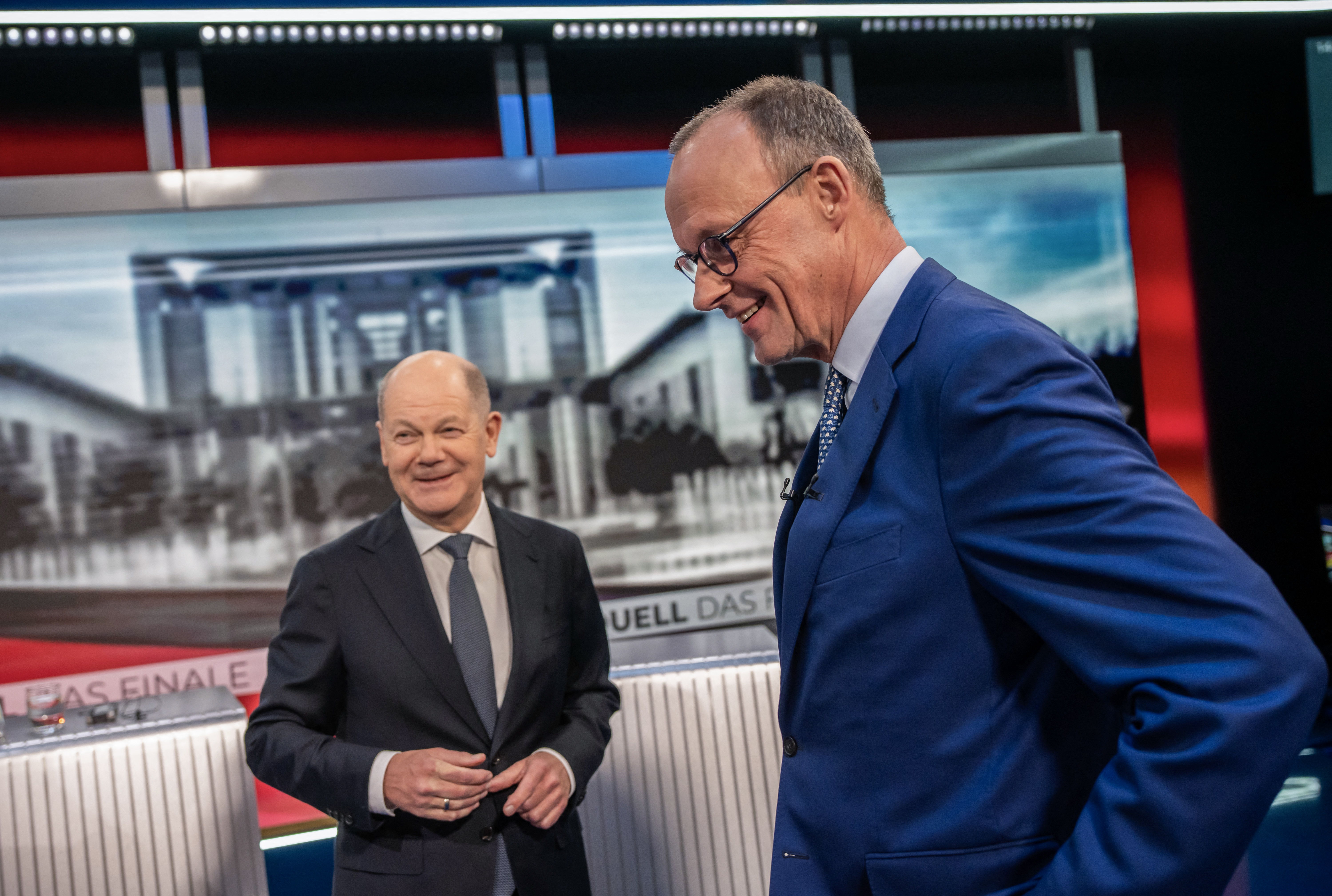Scholz's fading star: German election to reshape European politics

Germany is bracing for a political shake-up as Chancellor Olaf Scholz faces almost certain defeat in the upcoming federal election. The latest polls suggest that the Christian Democrats (CDU/CSU), led by former MEP Friedrich Merz, are on course to take power, ending Scholz's tenure as one of the few modern German chancellors to fail to secure a second term.
Scholz's Social Democratic Party (SPD) has faced challenges in maintaining unity within the governing coalition, which includes the SPD, the Greens and the liberal Free Democrats (FDP). Disagreements within the coalition and inconsistencies in policy direction have contributed to public dissatisfaction. Scholz has acknowledged that stronger leadership could have helped stabilise his government. However, perceptions of indecisiveness, difficulties in asserting authority and communication problems have affected his political standing.
Cautious approach
At the European level, Scholz's leadership has been characterised by a cautious approach. In response to French president Emmanuel Macron's proposals for the future of Europe, Scholz has emphasised procedural considerations. While Britain, Poland and the Baltic states have taken an active role in supporting Ukraine, Germany has largely aligned its position with that of the United States. His careful approach to arms supplies to Ukraine has led to frustration among some allies, and his low-key style has made it difficult to build a broad European consensus around a unified strategy.
Against this backdrop, all eyes are on Friedrich Merz, the CDU leader and likely next chancellor. A former member of the European Parliament, Merz has signalled a more assertive European strategy. He has pledged to use the remaining years of Macron's presidency to push for a stronger, more sovereign Europe. His first diplomatic visits will be to France and Poland, underlining his intention to strengthen alliances and develop concrete joint initiatives.
Firmer stance
Merz is also taking a firmer stance on Ukraine, indicating a willingness to provide long-range missiles - something Scholz was reluctant to do. Whether this willingness extends to sending military personnel to monitor a ceasefire remains unclear.
Meanwhile, the far-right Alternative for Germany (AfD) is surging, particularly in the former East Germany, and is now the second-largest party in the polls. The SPD has fallen to third place and the liberal FDP is in danger of dropping out of parliament altogether. These figures suggest that the only viable government will be a CDU/CSU-SPD 'grand coalition', given the CDU's refusal to work with either the AfD or the far left.
German Chancellor Olaf Scholz (L) of the Social Democratic Party (SPD) and his conservative opponent Friedrich Merz (R) of the Christian Democratic Union (CDU) in a WELT television studio. © Michael Kappeler / POOL / AFP